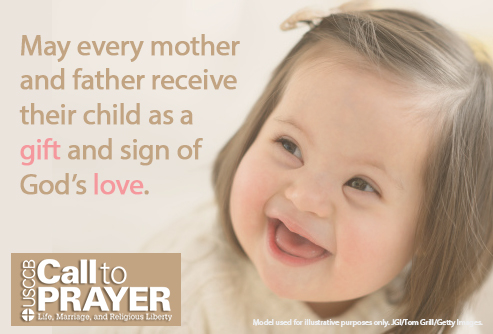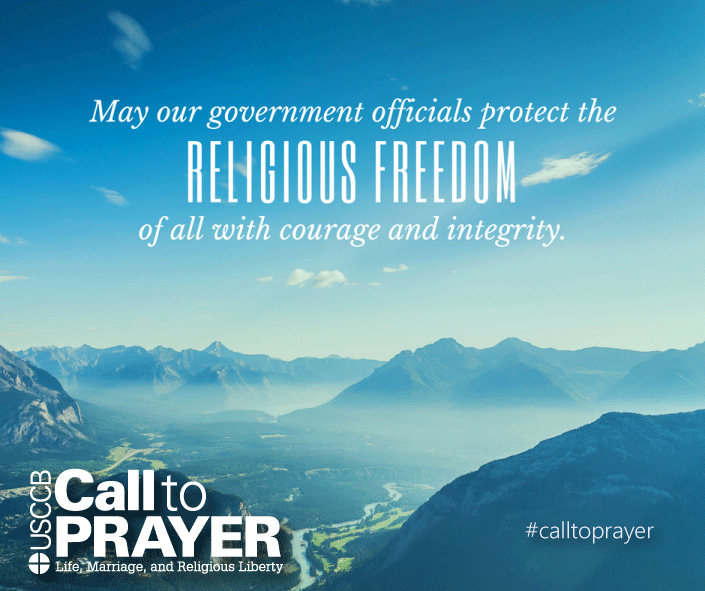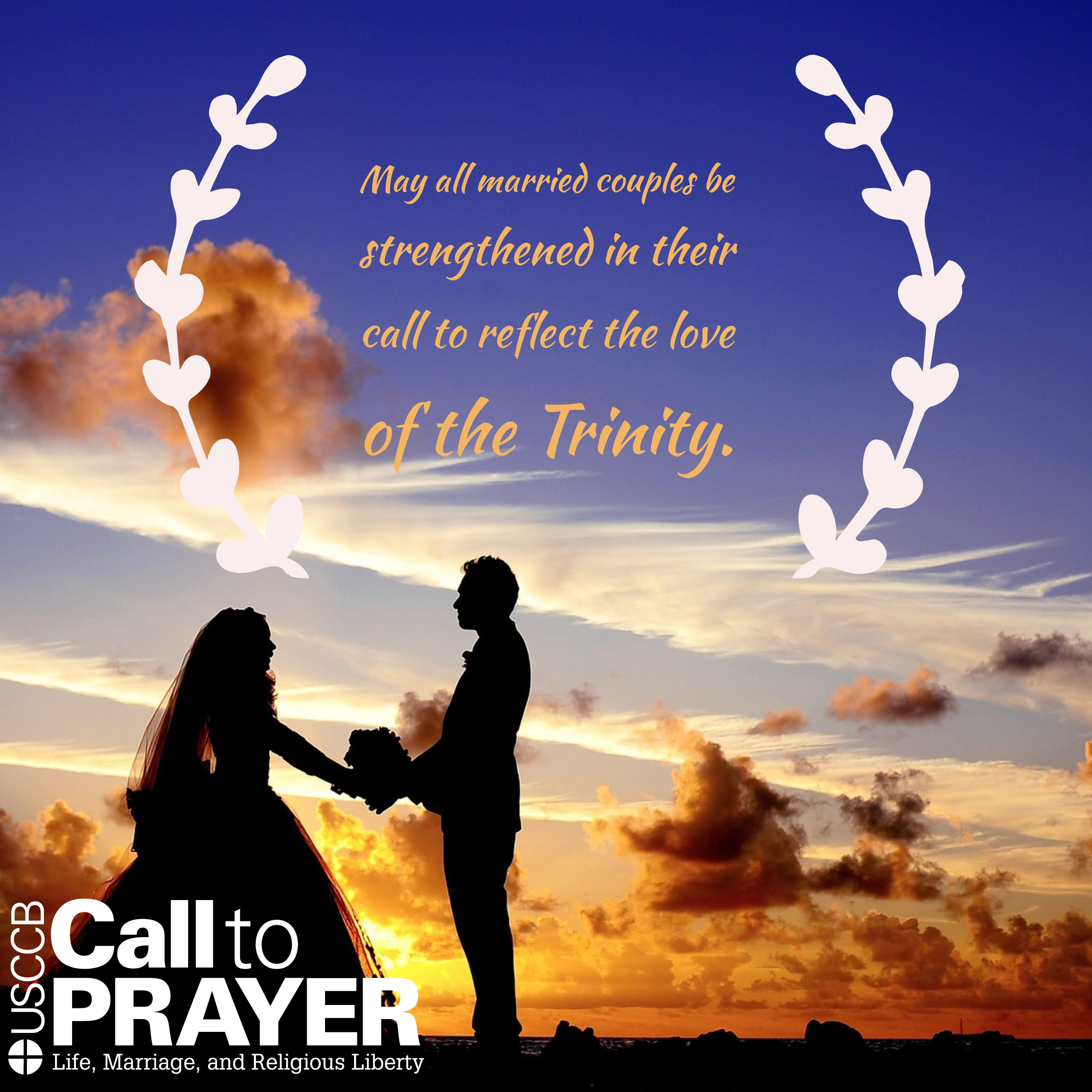Children Deserve Both a Mother and a Father: Made for Life Series
As discussed last week, single parents can still honor the importance of sexual difference by acknowledging the unique difficulties their families face, but two persons of the same sex who raise a child are unable to do so.
Two men or two women who claim to replace a mother and a father reject the vital role that parental sexual difference plays in the development of a child, especially the child’s sexual identity. Children look to their parents to figure out what it means to be a boy or a girl and how to relate to the opposite sex. When there is not a model in the home of one sex or the other, one of these developmental tasks the child faces necessarily and by definition is made incredibly difficult. How can John understand what it means to be a man when he primarily only sees two women interacting? How can Anna understand her worth as a woman if her two caregivers are both men? As adults, it can be hard to remember what it is to be a child, completely dependent on our parents and constantly absorbing things (largely unconsciously) that shape our understanding of the world. These things aren’t quantifiable or really even “proveable”. We know by faith, in a way, that based on the Catholic understanding of who the human being is, being raised by two men or two women wounds a child. Of course, these wounds are not incurable; the Divine Physician is always ready to heal and transfom the hurts that we sustain as children. But that does not mean that we do not do all that we can as a Church and society to prevent predictable suffering.
Too much of the discussion around marriage redefinition revolved around the supposed “rights” of adults to sexual and social “fulfillment” in a recognized legal partnership rather than the rights of children to know and be raised by their parents. (Or, ironically, one of the Justices argued that “children of same-sex couples” had the right for their “parents” to be recognized by the State, ignoring the fact that, by nature and rights, there are no “children of same-sex couples” except those procured by an unjust system.)
One of the reasons that it is hard to explain and defend the Church’s position on marriage is that, as a society, we have conceptually separated two things that should be together: marriage and having children. We must help our contemporaries to see that these two things belong together, so that we can minimize the damage that will be done to young lives by the choices of adults.
Discussion Questions
- What does it mean that single parents can still “honor” the importance of sexual difference in the lives of their children?
- Consider your experience as a child. What do you think you learned by watching your mother and father interact?
- Given that a child being raised in a same-sex household suffers a wound, how can the Church better support those children?
Archive
Call to Prayer: February 24, 2017
Archive
Single Parents: Made for Life Series
In this section of Made for Life, a single mother, Elizabeth, talks about her experience of raising her daughter alone; later in the video Elizabeth talks about what hopes she has for her daughter’s future.
Emphasizing the deep need every child has to be raised by a father and a mother does not mean that the Church looks down on single parents. On the contrary, the Church seeks to support single parents who are raising children without the support of a spouse because she recognizes how hard this situation can be. Often a single mother has made a heroic decision in giving her child life and a home despite knowing that the child’s father will not participate. Single parents work hard to provide a stable, loving home for their children in an un-ideal situation. As Elizabeth points out, most single parents did not expect to be “doing this” (raising a child) on their own. Something unexpected happened.
The situation of children being raised by a single parent (due to unforeseen circumstances) is very different from deliberately depriving a child of a mother or a father, which occurs (de facto) when children are raised by two men or two women. While single parents have the freedom to recognize the absence of a father—or a mother—in the lives of their children and talk with their children about this, the absence of either is likely going to be ignored in a same-sex household.[i] Most single parents, like Elizabeth, hope that their child will not have to go through what they did in raising them alone. As she says later in the video, Elizabeth hopes that her daughter marries “a wonderful Christian man who can guide her future family and be a wonderful father.”
We can and must support single parents without sacrificing the teaching that children deserve to know and be raised and loved by both their mother and their father.
Discussion Questions
- How would you explain to someone the difference between a single parent and two men or two women who are raising a child?
- How can the Church and society best support single parents, while holding up the natural family as the ideal?
[i] To read about the experience someone who was raised in a household with two “mothers”, check out Katy Faust’s blog: “Ask the Bigot”.
Archive
Call to Prayer: February, 17th, 2017

Archive
Mothers and Fathers Matter: Made for Life Series
In many ways this is one of those truisms that we know through experience: mothers and fathers matter. It is common sense, and it is part of all of our pasts; whether our mother or father were present or absent defines, in many ways, our childhoods. But there are some today who claim that it really doesn’t matter if you have a father or a mother as long as you have people who love you. The redefinition of civil marriage to include persons of the same sex essentially redefines parenthood as well.[i]
Marriage is a pro-child institution. It is not just about the satisfaction of adult desires. Marriage is not something private—it’s a public institution with public roles and responsibilities. The love between husband and wife naturally opens up to include the child, the family, and the greater society. This openness is simply not possible for persons of the same sex, who cannot form a spousal union that is open to the gift of life. They cannot “have a child” together; it’s simply and objectively impossible. Society has, therefore, a legitimate interest in and a just obligation toward protecting and promoting the natural family based on marriage between a man and a woman.
The family is the place where the youngest and most vulnerable members of our society are born and raised. As the “sanctuary of life,”[ii] the family deserves to be valued and aided by society. This is why the Supreme Court’s decision in Obergefell v. Hodges is unjust. In addition to telling a lie about what marriage is, it undermines the social good of natural marriage and the rights of children. Society’s well-being and very existence are bound up with marriage and the family; we must work to overturn this decision, just as we hope one day to overturn the unjust decision in Roe v. Wade.
Discussion Questions
- Does our society treat the family founded on marriage as fundamental?
- What are the reasons that society has, for centuries, privileged the natural family based on marriage between a man and a woman?
[i] This was mentioned in the MUR video Made for Freedom (around 3:44 in the video), with Alana Newman who is a child and advocate for children of third-party reproduction. Alana points out that the redefinition of marriage opens the door for a major increase in third-party reproduction, since two men or two women who “marry” will necessarily need to utilize the reproductive capacities of another person to “have a child.”
[ii] Pope John Paul II, On the Hundredth Anniversary of Rerum Novarum (Centesimus Annus) (Washington, DC: USCCB, 1991), no. 39.
Archive
Call to Prayer: February 10, 2017
Archive
Children are a Gift: Made for Life Series
Marriage is “made for life” because marriage is the safest and most proper place for God to create other human beings. Why? Because it ensures, as much as possible, that the child will receive the care he or she needs and deserves from both “halves” of his or her origin. The sexual act in marriage is imbued with meaning and consequence, and marriage is the only human relationship that can be considered worthy of bringing new life into the world. Married couples vow themselves into a union that is outward-directed, open to life. You could not really love someone and at the same time say, “But I would never want to have a child with you.” Would that be love? As the bishops of the United States taught in their pastoral letter on marriage, “It is the nature of love to overflow, to be life-giving.”[i]
Pope St. John Paul II taught, “The couple, while giving themselves to one another, give not just themselves but also the reality of children, who are a living reflection of their love, a permanent sign of conjugal unity and a living and inseparable synthesis of their being a father and a mother.”[ii] When a man and woman marry, they are at the same time promising that the only way that they are going to give life to “a third” is with one another.[iii] If either the man or woman experiences infertility, whether permanent or temporary, this is not a cross carried by him or her alone, but rather is a joint cross carried by the couple together. This is part of what the Church means when she teaches that the unitive and procreative meanings of married love are inseparable.
In embracing each other, husband and wife embrace their capacity to conceive a child. This does not mean that a child will be—or should be—conceived from every act of sexual intimacy. It simply means that they are not closed to this natural gift.
As our interviewees say at the end of this clip: each child is a gift of God!
Discussion Questions
- Why is it difficult for people to understand that married love involves openness to life?
- What does it mean to say that “being open to children” at the same time “opens yourself up to your spouse”?
- How are openness to life and sexual difference related?
[i] USCCB, Marriage: Love and Life in the Divine Plan (Washington, DC: USCCB, 2009), 13.
[ii] Familiaris Consortio, no. 14.
[iii] This is one of the ways to understand why the Church holds that in vitro fertilization or surrogacy and the like are immoral; they are ways of creating life that circumvent this promise. Those who resort to these kinds of medical interventions refuse to accept the cross in this situation and often make use of another person’s reproductive capacity (via sperm or egg “donation”).


